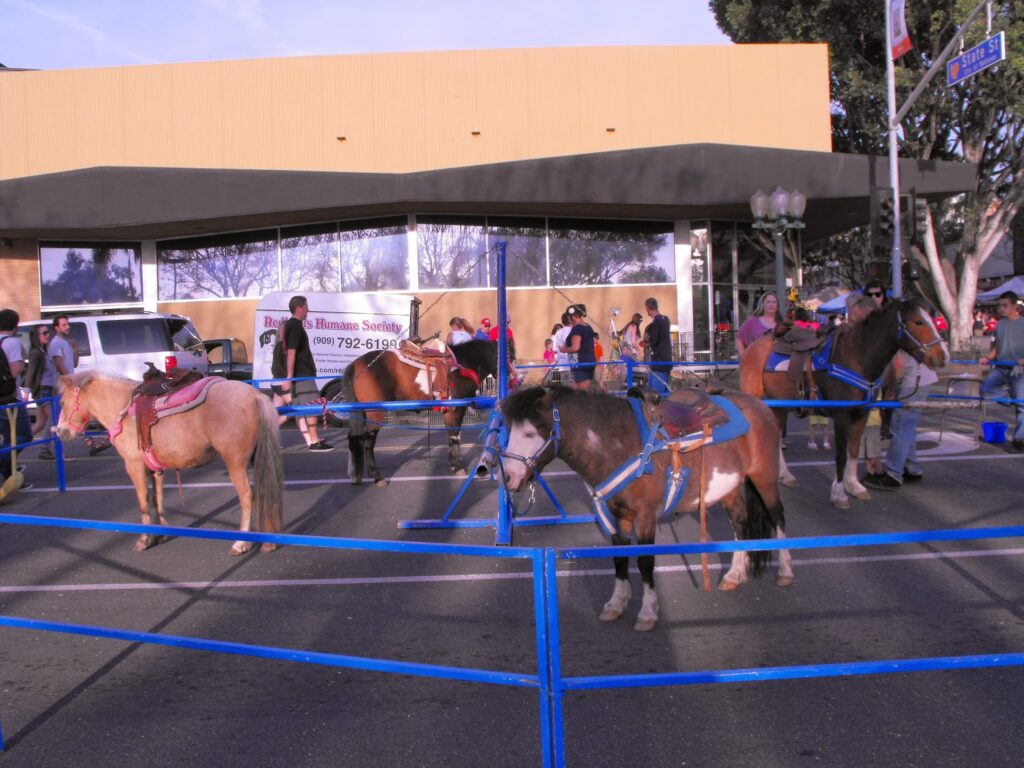Posted inInspiration Leadership Politics & Culture
Faith, Presumption & Civil Disobedience
It would be terrible to have the coronavirus pandemic end without leaving us any lessons for the future. Although a variety of lessons could already be cited, here are just…

